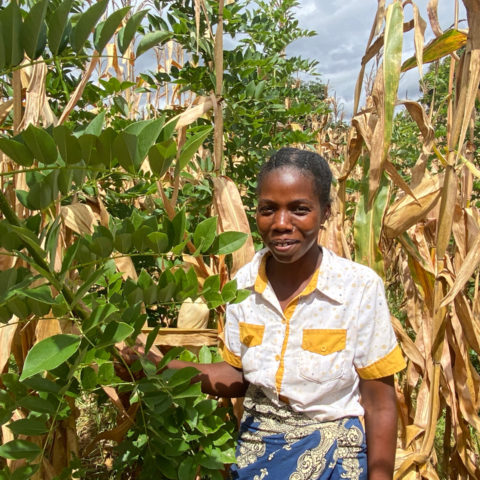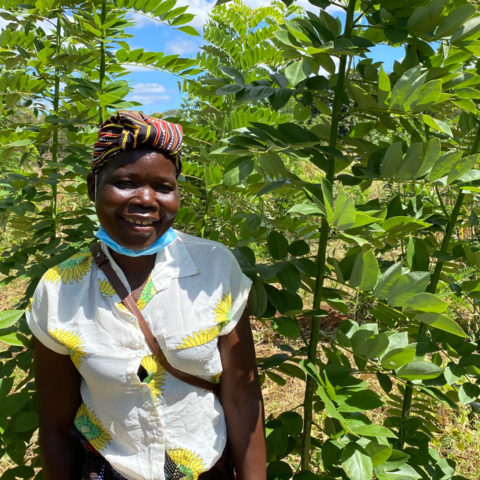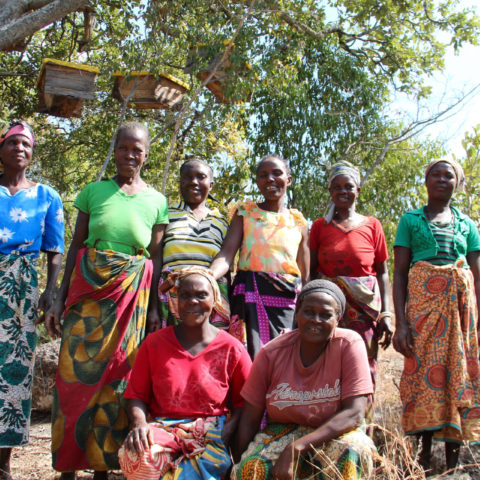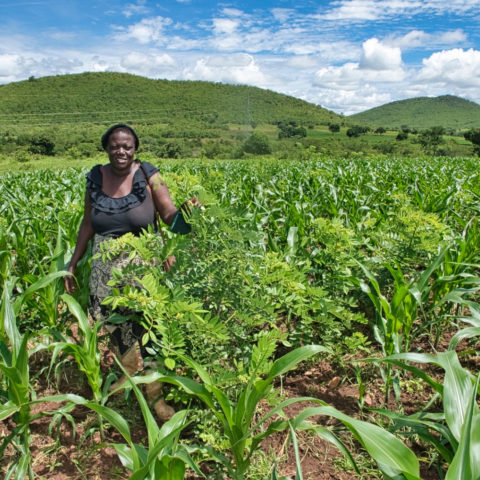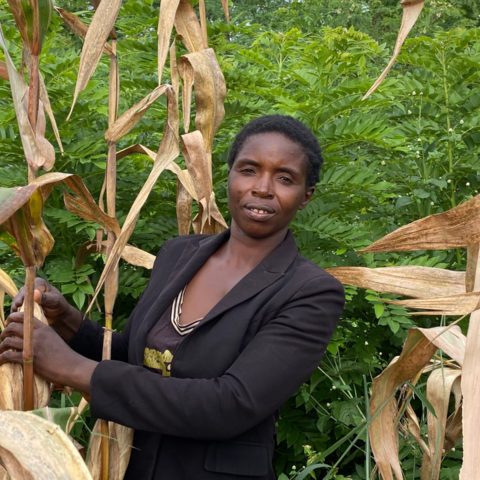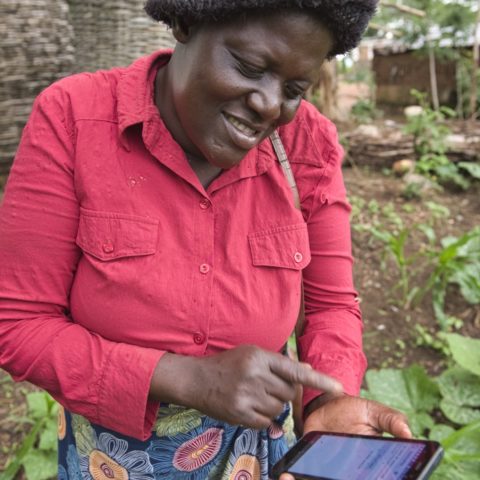Women’s Empowerment
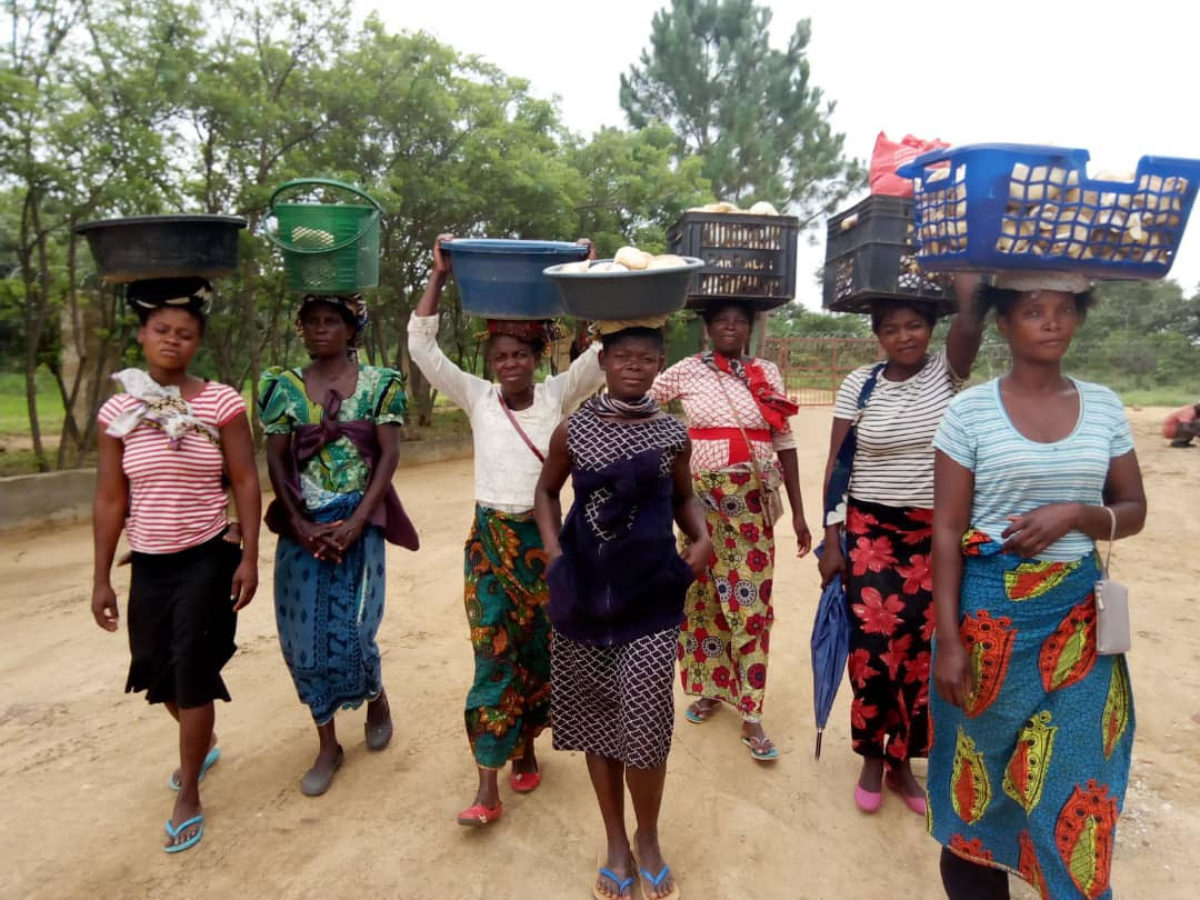
Our field staff learned early on that when women are included in farmer trainings, those households do better. Today, 52% of COMACO farmers and half of all cooperative leaders are women, figures that would have been unimaginable in rural Zambia 18 years ago when COMACO was launched.
The food shortages that plagued much of the Luangwa Valley resulted in high rates of malnutrition among women and children. Studies show that malnourishment not only stunts growth, but also limits brain development, school performance, and decreases earning potential later in life. Women and kids were not getting enough of the right foods and as a result, they didn’t have the best shot at life.
Additionally, in remote regions it used to be that men had to travel long distances to reach a market for their crops, a journey that was considered unsafe for women to make alone. As a result, money would sometimes go missing, and not as much made it home to benefit the whole family. Women had no financial empowerment and could not take control or direct the fate of their households.
We started providing vegetable seeds to women and holding small trainings in organic gardening. Quickly, women were growing lush, full gardens that greatly increased the nutrition of their households and allowed them to sell the surplus for additional income. As women began to contribute substantial income to their households, they started taking on more responsibility for larger crops as well. The seed of change had been planted.
Now, our dedicated gender program runs 182 village savings and loans groups for women across our operational area, teaching small-business skills and supporting women in their entrepreneurial ventures. Our energy-efficient cookstoves, fueled by the harvested and dried twigs of the Gliricidia trees that line our fields, greatly reduce the burden on women who used to walk hours from home to collect firewood every day. And COMACO’s commitment to purchase directly from communities allows women the opportunity to sell crops directly to COMACO and handle all their family’s finances themselves. Today, the women and children of COMACO families are half as likely to be underweight than their non-COMACO neighbors.
COMACO Causes
Women’s Empowerment
Our field staff learned early on that when women are included in farmer trainings, those households
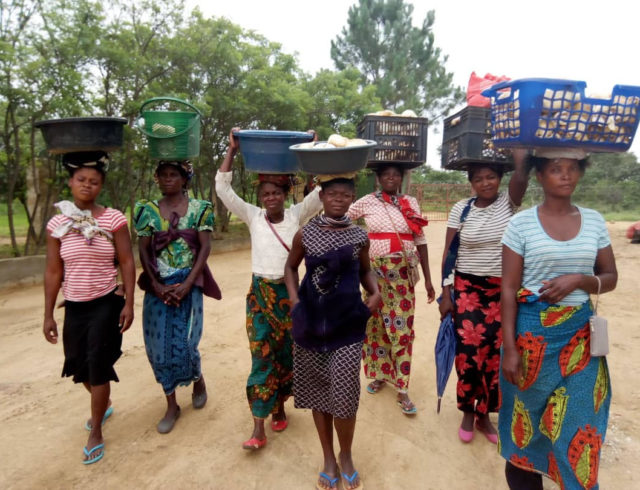
Manufacturing as a Tool for Conservation
We supply over 8,000 tons (and increasing) of nutritious food products to Zambia’s cities and town
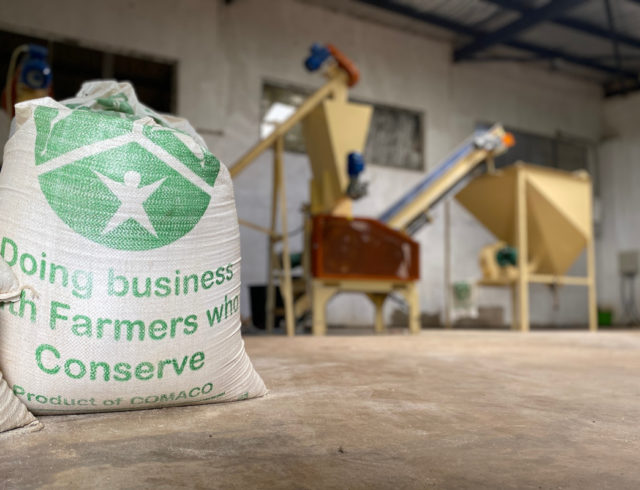
Carbon Project
We began working in partnership with local chiefs to establish Community Conservation Areas designed
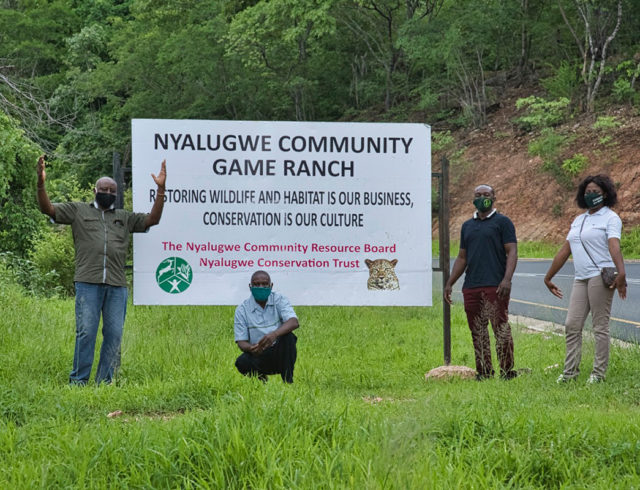
Cooperatives
We helped establish 80 community-run cooperatives across Zambia’s Eastern Province, which provide
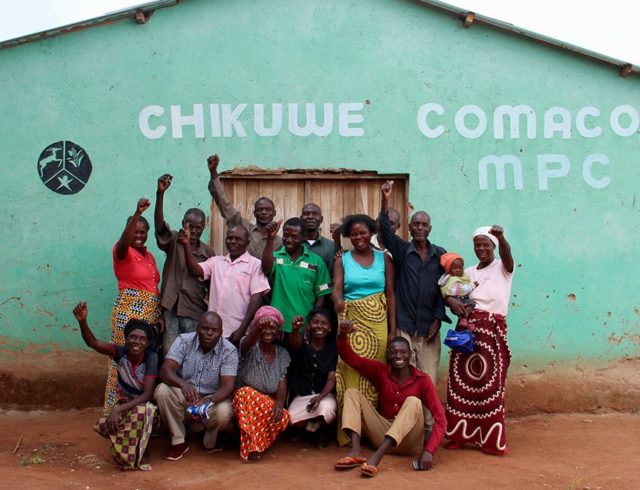
Transformed Poachers
In 2003 when COMACO started its operations in Luangwa Valley, our mission was to help wildlife poach
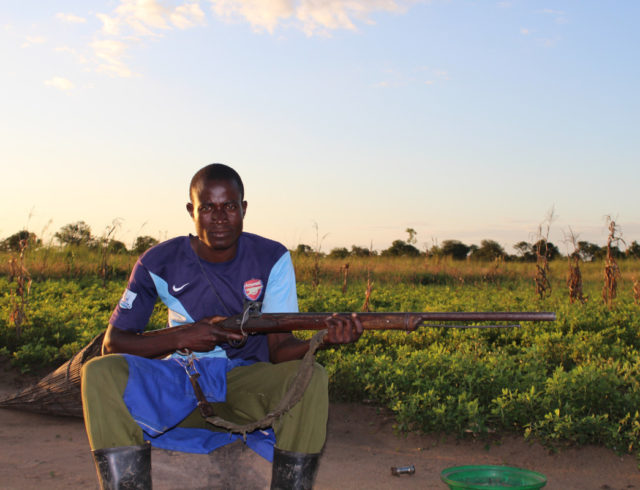
Agroforestry
In the 2020/2021 season in Eastern and Muchinga provinces we partnered with 72,000 farmers to plant
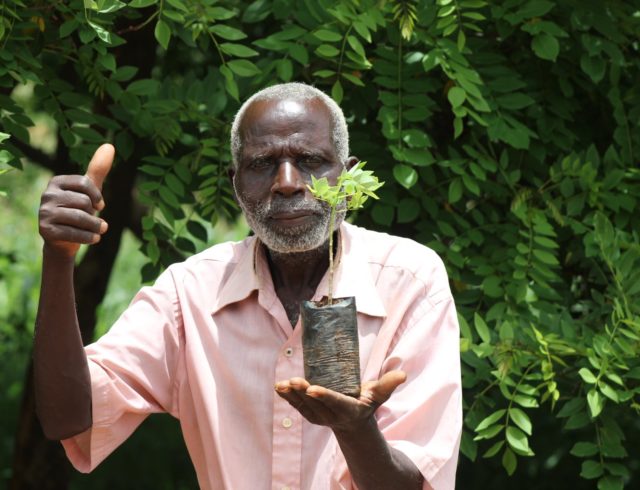
7223 Kachidza Road | Light Industrial Area | Lusaka, Zambia
Phone: +260971583282
Email: media@itswild.org
